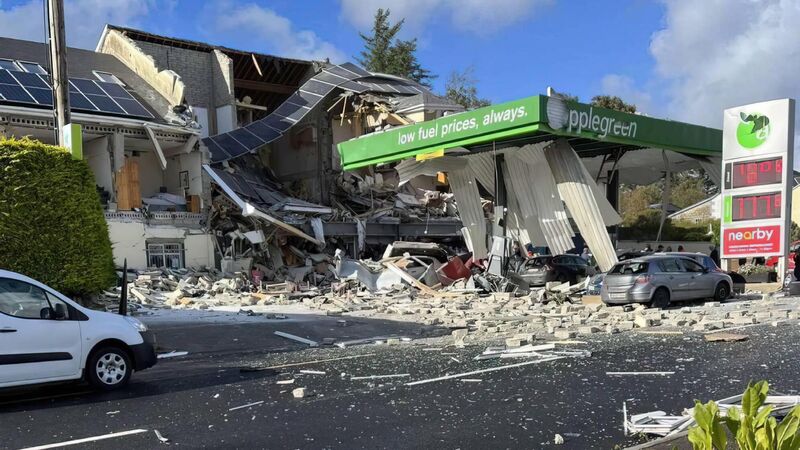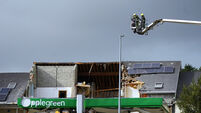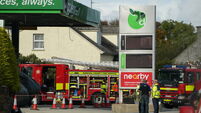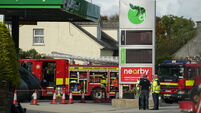Media watchdog partially upholds complaint about TG4 Creeslough documentary

The scene of the explosion at the Applegreen service station in Creeslough in October 2022. Picture: NW newspix
A complaint about a controversial TG4 documentary on the explosion in Creeslough in October 2022 which killed 10 people has been partially upheld by the media watchdog.
Coimisiún na Meán said the documentary, , which was broadcast on February 8, 2023, had breached the Broadcasting Act 2009 by causing harm/offence.













